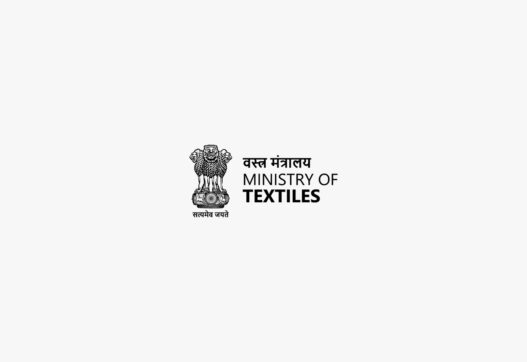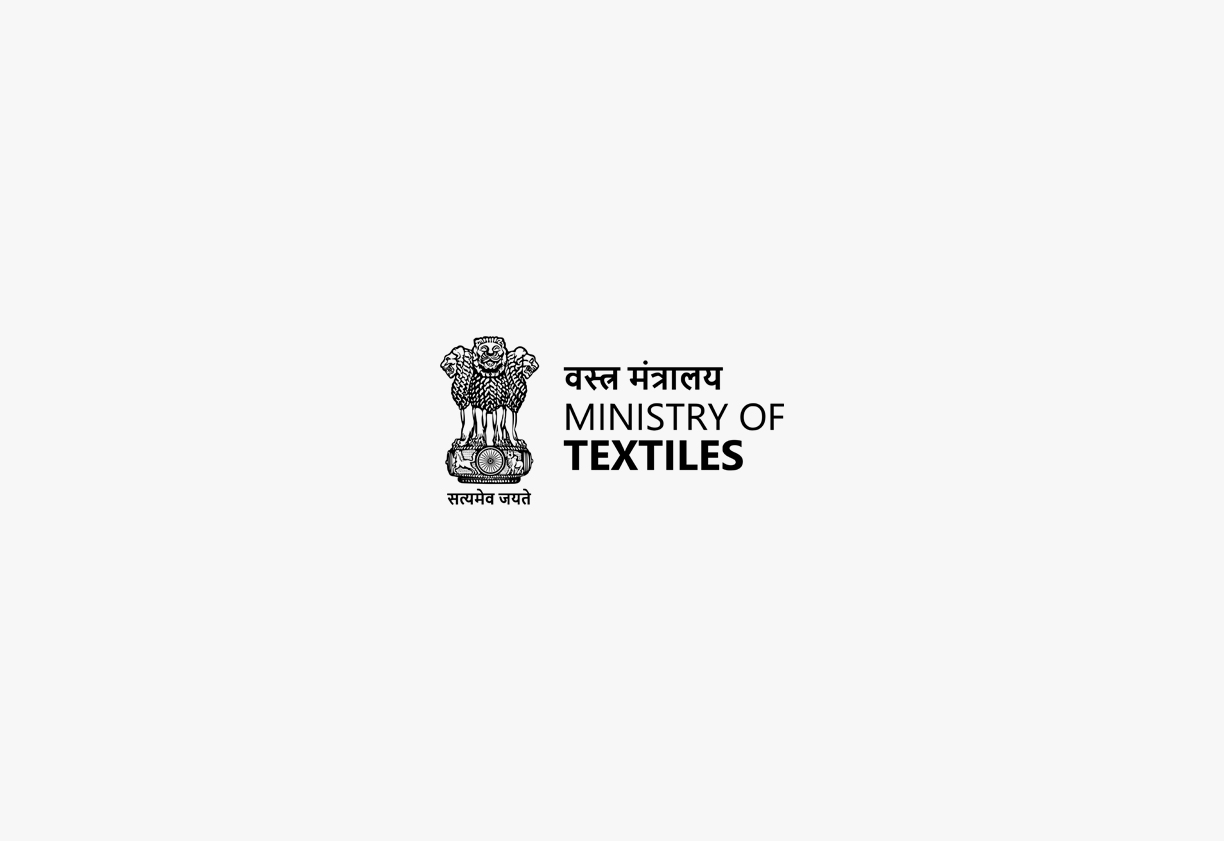Ministry of Textiles
The National Institute of Fashion Technology Act, 2006, was enacted to establish and incorporate the National Institute of Fashion Technology (NIFT) as a body corporate. NIFT, previously registered as a society, plays a vital role in fashion education, research, and development in India. The Act aimed to provide a statutory framework for NIFT’s operations, ensuring its autonomy and enhancing its capacity to contribute to the growth and development of the fashion industry. This Act falls under the Ministry of Textiles.
Enactment Date, Number of Chapters, Number of Sections:
The Act was enacted on July 13, 2006, and came into force on April 1, 2007. It consists of three chapters and 34 sections.
Act Governed By:
NIFT is governed by its Board of Governors, which includes representatives from various stakeholders, including the government, academia, and the fashion industry. The Visitor (President of India) plays a role in appointing the Chairperson and reviewing the Institute’s functioning. The Act also establishes a Senate to oversee academic matters.
On Whom It Is Applicable:
The Act applies to NIFT, its Board of Governors, Senate, Director-General, other officers, employees, and students. It also impacts institutions and individuals collaborating with NIFT or seeking its expertise in fashion technology.
Penalties/Punishments:
The Act doesn’t explicitly prescribe penalties. However, it empowers the Institute to take disciplinary action against students and employees as needed, and it establishes a Tribunal of Arbitration for resolving disputes arising from employment contracts.
Important Pointers:
-
Establishes NIFT as a body corporate with perpetual succession.
-
Defines the functions of NIFT, including education, research, training, and consultancy in fashion technology.
-
Outlines the powers of the Board of Governors, including policy-making, financial management, and appointment of officers.
-
Provides for the establishment of a Fund and an endowment fund for NIFT.
-
Establishes a Senate to oversee academic matters and maintain standards of instruction and examination.
-
Defines the roles of the Director-General, Registrar, and other officers.
-
Provides for the making of statutes and ordinances to govern the Institute’s operations.
-
Includes transitional provisions for the transfer of assets and liabilities from the Society to the Institute.




